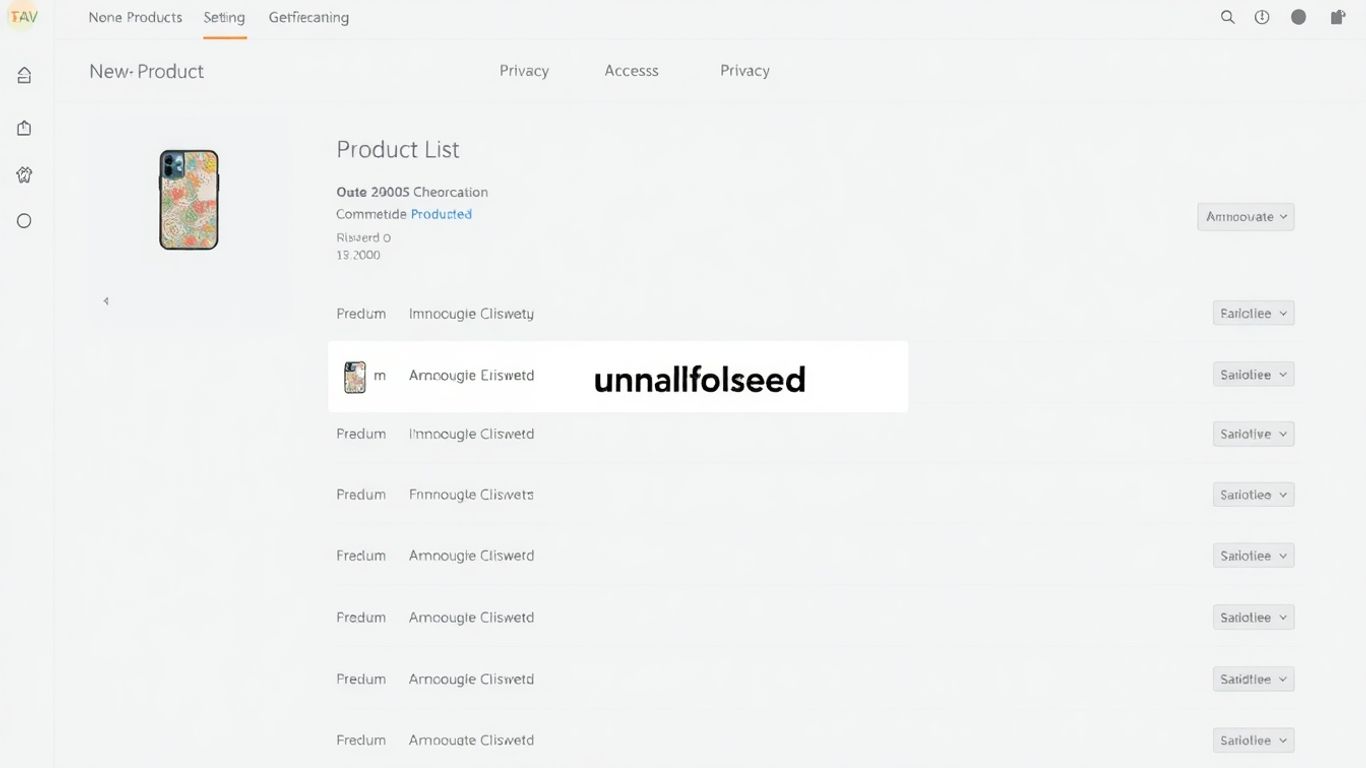Food influencer and cookbook author Molly Baz has called out e-commerce giant Shopify for featuring a website template that she alleges is an "AI version" of her likeness. The template, which has since been removed by Shopify, bore a striking resemblance to Baz's cookbook cover art, including her pose and attire.
Key Takeaways
- Food influencer Molly Baz accused Shopify of using an "AI version" of her likeness in a website template.
- The template featured an image similar to Baz's cookbook cover, prompting her public criticism.
- Shopify removed the template, stating it violated their terms and was created by a third-party developer.
- The incident highlights concerns about AI-generated content potentially infringing on creators' rights.
The Accusation
Molly Baz, known for her popular cookbook "More Is More: Get Loose in the Kitchen" and a significant social media following, took to Instagram to express her dismay. She shared side-by-side images of the Shopify template and her cookbook cover, pointing out the uncanny similarities. Baz specifically noted the woman's red sweatshirt, the butter-yellow kitchen setting, and even the hand gesture, which closely mirrored her own.
"Shopify is using a sicko AI version of me to sell its new website themes," Baz wrote, expressing her disappointment with the platform.
Shopify's Response
A spokesperson for Shopify confirmed that the company had removed the template from its website. They stated that a third-party theme developer had used imagery resembling Baz without permission, which is a violation of Shopify's terms of service. The company assured that they had informed Baz's team and were working with the developer to prevent future occurrences.
Shopify did not disclose further details about its relationship with the developer, Presidio, or whether other designs by the same developer were also affected. Presidio, which has previously created websites for brands like Ouai and Momofuku, did not respond to requests for comment.
Broader Implications of AI in Content Creation
Baz's accusation brings to the forefront the growing concerns surrounding AI-generated content and its potential to create "dupes" of existing work. The rapid advancement of AI image generation tools has put artists and creators on high alert, as these models are often trained on vast datasets that may include copyrighted material or personal likenesses without explicit consent.
Legal experts suggest that marketers using AI tools may inadvertently create assets that infringe on publicity rights. This incident echoes other cases where AI has been used to mimic public figures, raising questions about intellectual property and ethical usage in the digital age.
Sources
- Shopify Pulls Design After Molly Baz Calls It an 'AI Version' of Her, Business Insider.

